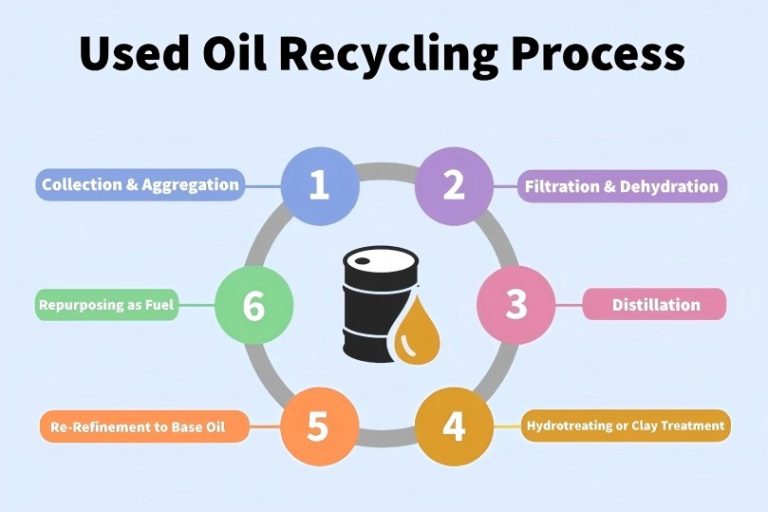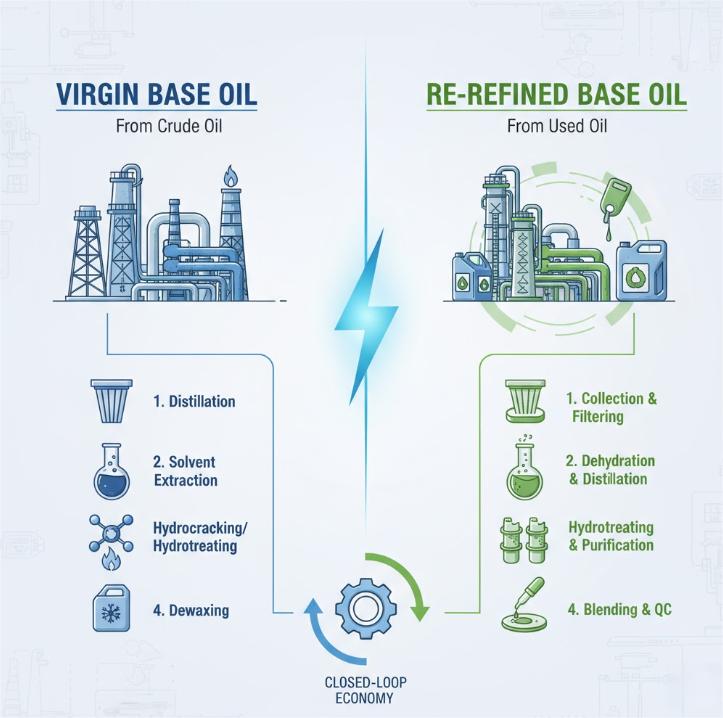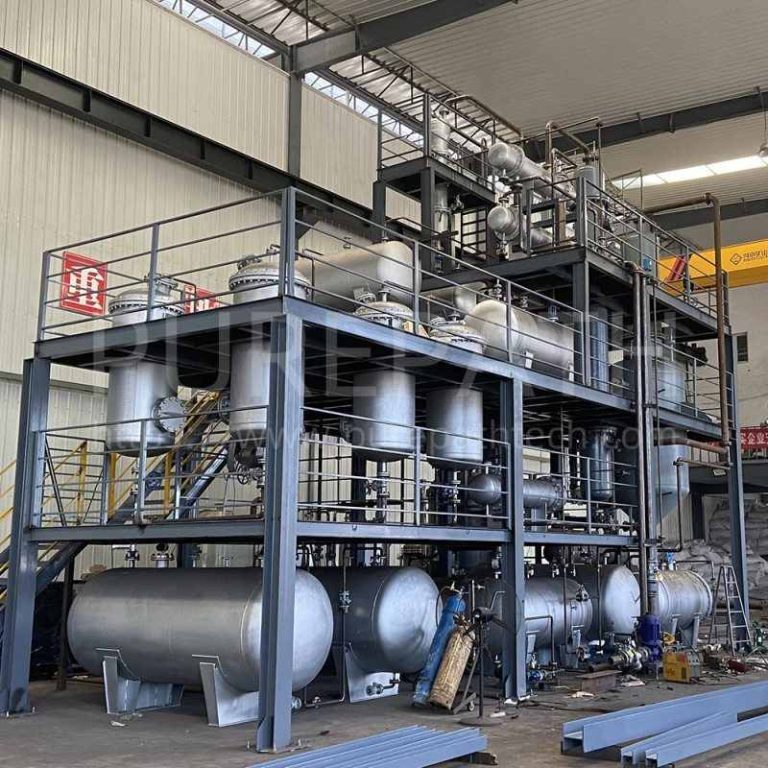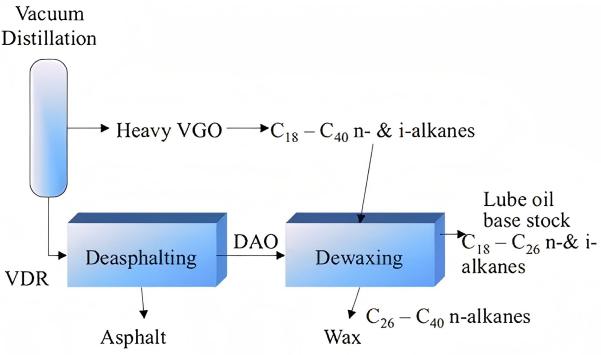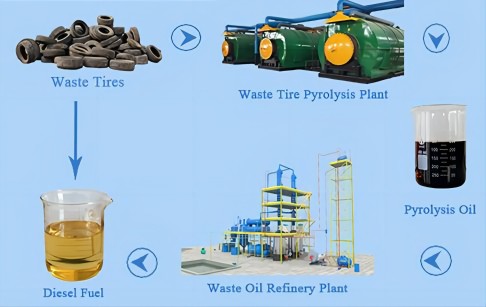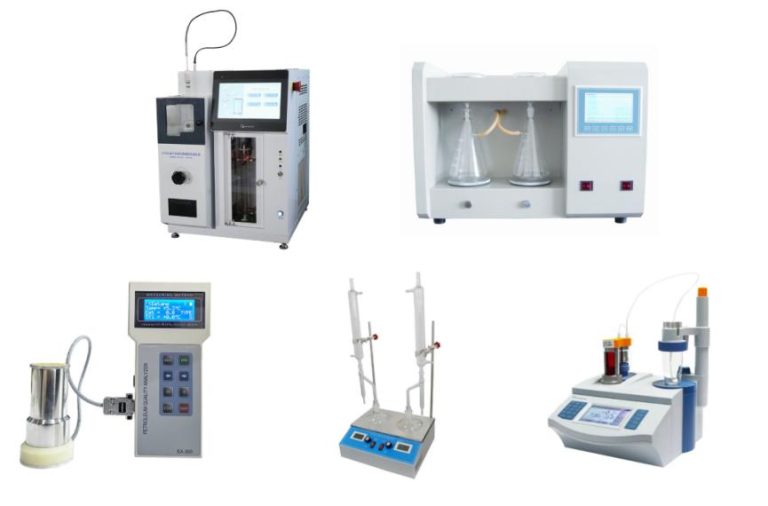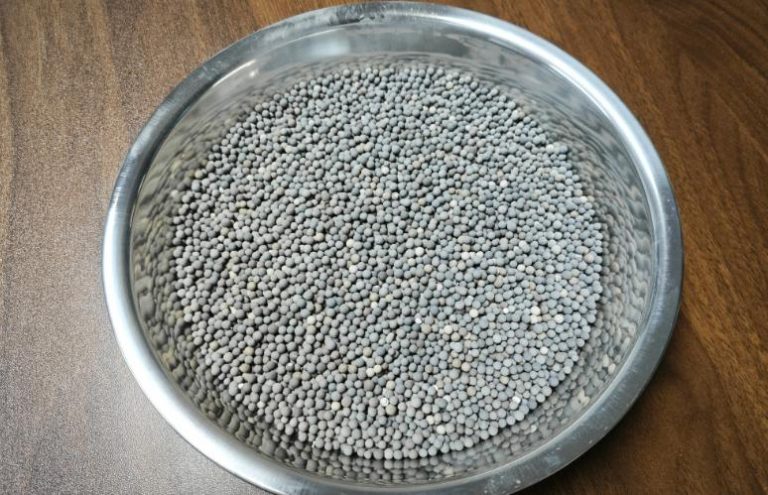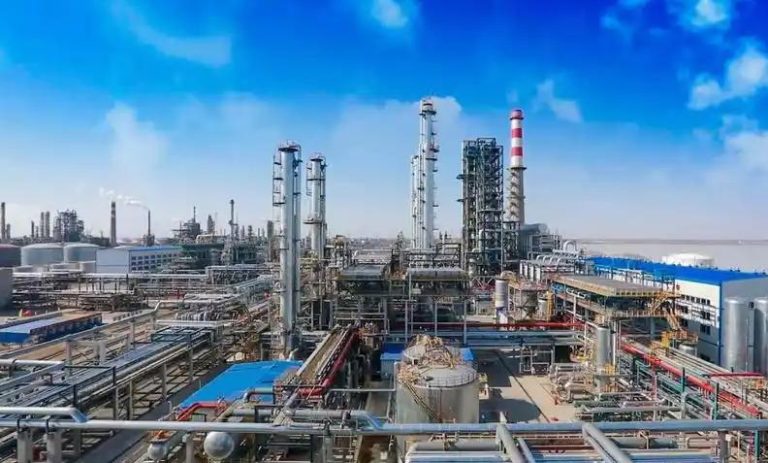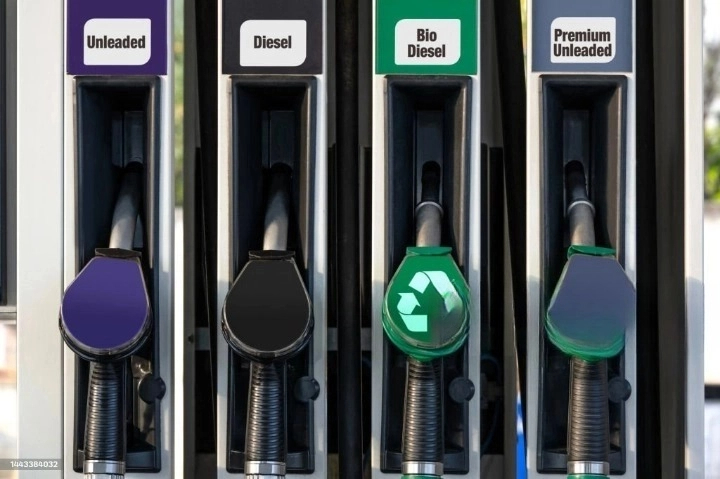Used Oil Purification: Turning Pollution into a Valuable Resource
The used motor oil disposal is one that causes great concern for the environment. Whenever someone is deciding how to deal with the used motor oil that is a common ‘automotive byproduct’, the question arises: Is it legal to burn used motor oil?


